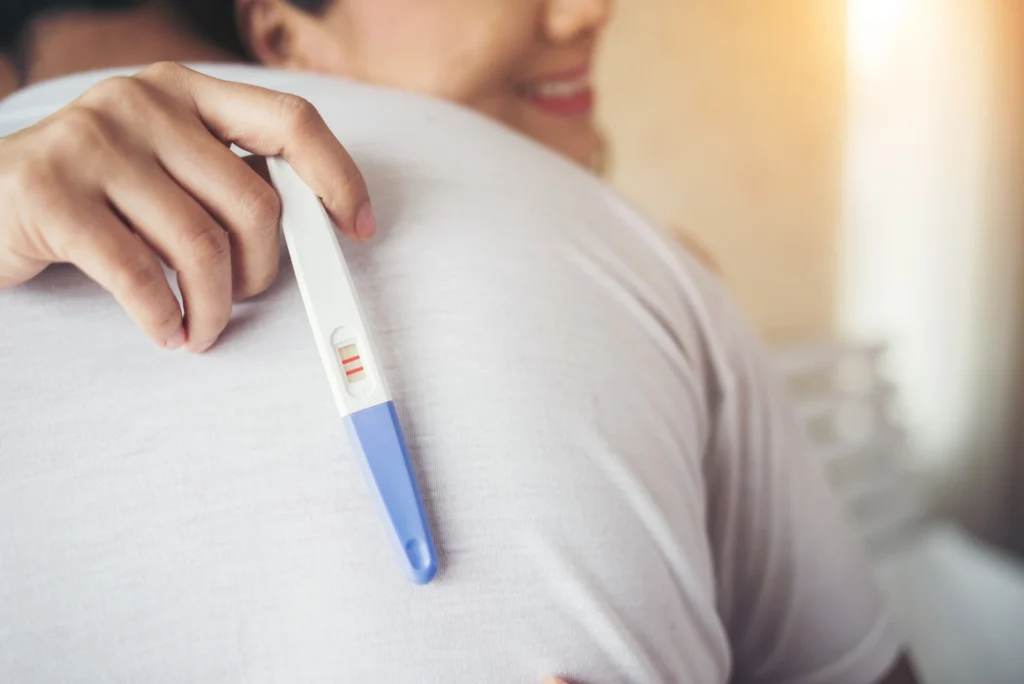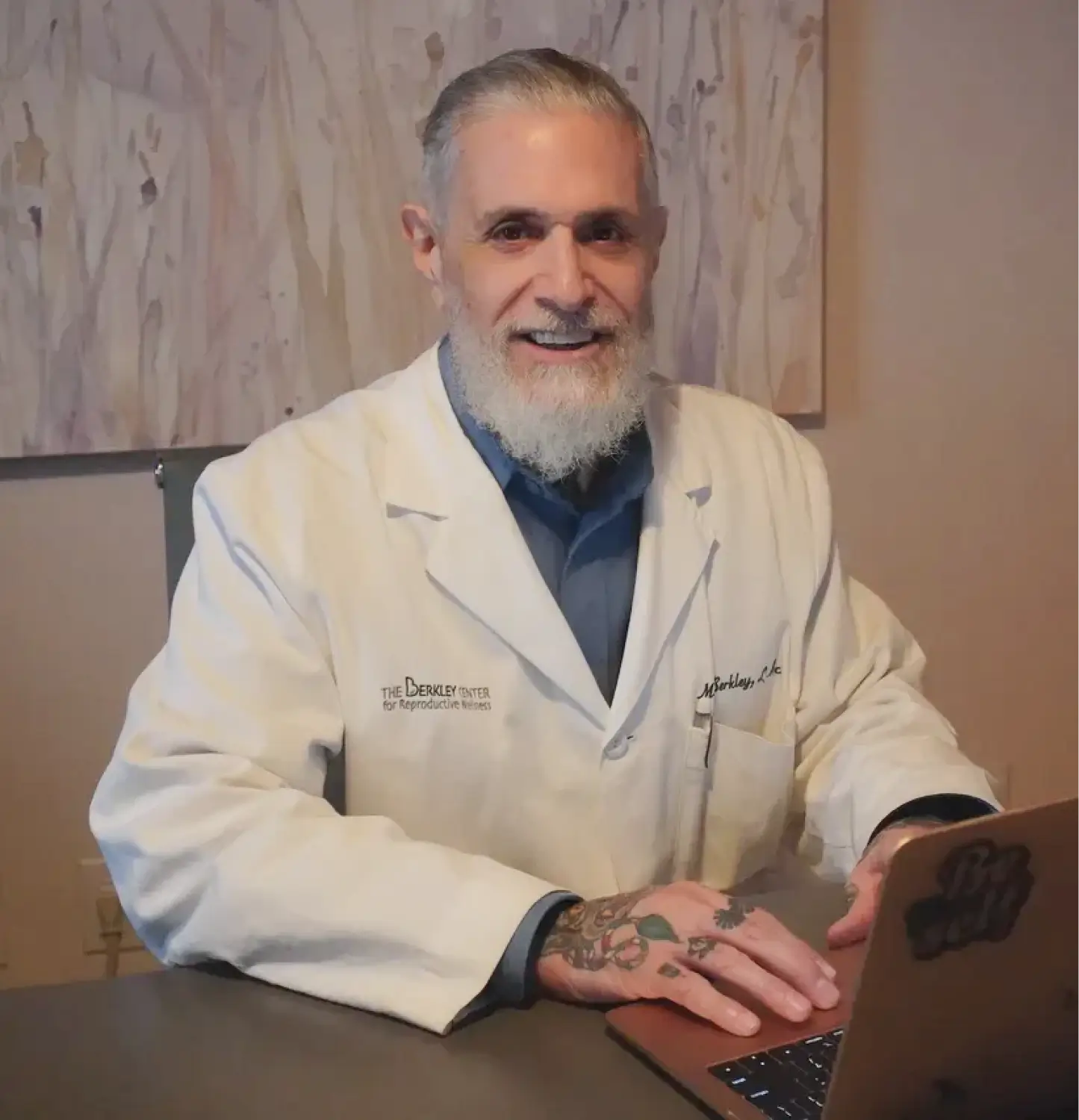Acupuncture, a traditional Chinese medical practice, has been increasingly studied for its potential to improve pregnancy rates in various infertility conditions. This response synthesizes findings from multiple research papers to provide a comprehensive overview of the benefits of acupuncture in increasing pregnancy rates, supported by evidence from clinical trials and systematic reviews.
Acupuncture has been shown to influence hormonal balance, which is crucial for fertility. In women with polycystic ovary syndrome (PCOS), manual acupuncture combined with herbal medicine significantly improved pregnancy rates by regulating sex hormones, including testosterone and estrogen levels (Pan et al., 2021). Similarly, in controlled ovarian hyperstimulation (COH) rats, acupuncture restored hormonal balance and improved endometrial receptivity, leading to higher pregnancy rates (Hu et al., 2023).
Studies suggest that acupuncture enhances endometrial receptivity, a critical factor for embryo implantation. In COH rats, acupuncture restored the implantation window and improved endometrial thickness, which are essential for successful implantation (Hu et al., 2023). In humans, acupuncture increased endometrial thickness and improved endometrial morphology, leading to higher clinical pregnancy rates in frozen-thawed embryo transfer (FET) cycles (Zhu et al., 2022) (Xu et al., 2022).
Stress is a known factor that can negatively impact fertility. Acupuncture has been shown to reduce stress and anxiety levels in women undergoing in vitro fertilization (IVF). A randomized controlled trial found that acupuncture significantly decreased anxiety levels before and after embryo transfer, which may contribute to improved pregnancy outcomes (Guven et al., 2020).
Acupuncture may improve blood circulation to the reproductive organs, enhancing ovarian function and promoting ovulation. In women with PCOS, acupuncture increased ovulation rates and improved menstrual regularity, both of which are critical for conception (Pan et al., 2021) (Chen et al., 2022).

In women with PCOS, acupuncture combined with herbal medicine has been shown to significantly improve pregnancy rates compared to sham acupuncture. A randomized sham-controlled trial reported a pregnancy rate of 46.34% in the manual acupuncture group versus 18.42% in the sham acupuncture group (Pan et al., 2021). Additionally, acupuncture combined with metformin further enhanced pregnancy rates in PCOS patients by improving insulin resistance and hormonal balance (Chen et al., 2022).
Acupuncture has been found to improve pregnancy outcomes in women with unexplained infertility. A retrospective study on women undergoing IVF found that acupuncture on the day of embryo transfer significantly increased clinical pregnancy rates (60.9% vs. 33.3%) and live birth rates (71.7% vs. 31.0%) compared to the control group (Çoksüer et al., 2019).
For women experiencing recurrent implantation failure, acupuncture has shown promise in improving pregnancy outcomes. A systematic review and meta-analysis found that acupuncture significantly increased clinical pregnancy rates (RR = 1.90), biochemical pregnancy rates (RR = 1.59), and embryo implantation rates (RR = 1.89) in RIF patients undergoing IVF-ET (Li et al., 2021).
Acupuncture has been found to enhance pregnancy outcomes in FET cycles. A systematic review and meta-analysis of 14 randomized controlled trials reported that acupuncture significantly improved clinical pregnancy rates (RR = 1.54) and biochemical pregnancy rates (RR = 1.51) in FET patients (Zhu et al., 2022). Additionally, acupuncture improved endometrial thickness and receptivity, which are critical for successful implantation (Xu et al., 2022).

Infertility is often associated with emotional distress, including anxiety and depression. Acupuncture has been shown to improve emotional well-being in women with infertility. A systematic review and meta-analysis of 12 randomized controlled trials found that acupuncture significantly reduced anxiety and depression scores in infertile women, which may indirectly contribute to improved pregnancy outcomes (Hwang et al., 2023).
The stress associated with IVF can negatively impact pregnancy rates. Acupuncture has been shown to reduce stress and anxiety levels in women undergoing IVF. A randomized controlled trial found that acupuncture significantly decreased state anxiety scores before and after embryo transfer, creating a more favorable psychological environment for conception (Guven et al., 2020).
Acupuncture is generally considered safe when performed by trained practitioners. Most studies reported no significant adverse effects, and the risk of serious complications is rare. For example, a large-scale systematic review and meta-analysis of 27 studies involving 7,676 participants found no significant adverse events associated with acupuncture (Quan et al., 2022).

The evidence from multiple randomized controlled trials and systematic reviews indicate that acupuncture can improve pregnancy rates in various infertility conditions, including PCOS, unexplained infertility, and recurrent implantation failure. The mechanisms underlying these benefits likely involve hormonal regulation, improved endometrial receptivity, stress reduction, and enhanced blood circulation.
This table highlights the key findings from selected studies, demonstrating the positive effects of acupuncture on pregnancy rates in various infertility conditions.
| Condition/Intervention | Key Findings |
|---|---|
| PCOS with Manual Acupuncture | Increased pregnancy rate (46.34% vs. 18.42%) and ovulation rate (58.14% vs. 45.74%) |
| COH Rats | Restored hormonal balance and improved endometrial receptivity |
| FET Patients | Improved clinical pregnancy rate (RR = 1.54) and endometrial thickness |
| Unexplained Infertility | Increased clinical pregnancy rate (60.9% vs. 33.3%) and live birth rate (71.7% vs. 31.0%) |
| Recurrent Implantation Failure | Improved clinical pregnancy rate (RR = 1.90) and embryo implantation rate (RR = 1.89) |
For more information or to schedule a consultation with the leading complementary fertility medicine center at The Berkley Center for Reproductive Wellness, call us at 212-685-0985 or visit our center at 16 East 40th Street, 4th Floor, New York, NY 10016.

Mike Berkley, LAc, FABORM, is a licensed and board-certified acupuncturist and a board-certified herbalist. He is a fertility specialist at The Berkley Center for Reproductive Wellness in the Midtown East neighborhood of Manhattan, New York.
View all posts